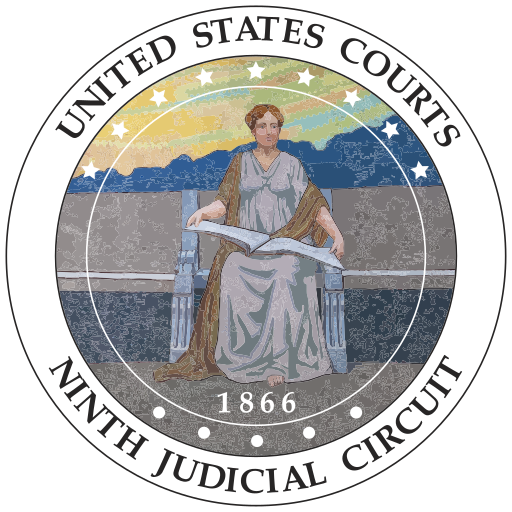 The Center for Class Action Fairness filed its opening brief in an appeal of the settlement in In re Lithium Ion Batteries Antitrust Litigation today, arguing that the Ninth Circuit should decertify the class and reverse the settlement approval. The settlement in this antitrust price-fixing case unlawfully reduces the recovery of class members who have stronger claims than others. In this type of settlement, relief distributed pro rata to a nationwide class is a false justice because those with legitimate claims receive only half the relief they deserve while those with no legal claim stand to receive an undeserved windfall. CCAF is representing one of the disadvantaged class members.
The Center for Class Action Fairness filed its opening brief in an appeal of the settlement in In re Lithium Ion Batteries Antitrust Litigation today, arguing that the Ninth Circuit should decertify the class and reverse the settlement approval. The settlement in this antitrust price-fixing case unlawfully reduces the recovery of class members who have stronger claims than others. In this type of settlement, relief distributed pro rata to a nationwide class is a false justice because those with legitimate claims receive only half the relief they deserve while those with no legal claim stand to receive an undeserved windfall. CCAF is representing one of the disadvantaged class members.
“The class certification here not only ran roughshod over fundamental differences in state law, but contradicted Supreme Court and Ninth Circuit precedent, and the district court’s own analysis,” said CCAF Director of Litigation Ted Frank. “This is no mere technicality, but one that cost class members tens of millions of dollars.”
In re Lithium Ion Batteries Antitrust Litigation certified a class of indirect purchasers of lithium ion batteries in a variety of electronic equipment. Only about half of the states provide a cause of action for indirect purchasers, however, and such purchasers do not have a cause of action under federal law. As a result, a nationwide class of indirect purchasers unfairly disadvantages–and dilutes the recovery of–those indirect purchasers who do have a legal cause of action. By treating all class members alike, the settlement effectively sells out class members from certain states. This inherent intraclass conflict between members who have viable claims and members who do not means that a single set of counsel and class representatives cannot adequately represent all class members’ interests.
CCAF also argues that the district court wrongly approved the settlement because there is a rule that specifically protects class members when there are “variances” in state law, as there are in this case. In fact, CCAF argues that there is a black-and-white contrast between indirect purchasers who have viable claims and indirect purchasers who have none. The class is anything but cohesive and thus fails Rule 23(b)(3)’s predominance requirement—as the district court previously found when ruling on the original motion for class certification.
About CCAF:
The Center for Class Action Fairness represents class members against unfair class action procedures and settlements. Originally founded by Ted Frank in 2009, the center has won millions of dollars for consumers and shareholders and won landmark precedents that safeguard consumers, investors, courts, and the general public.
Unfair settlements generally serve self-interested lawyers and third parties at the expense of absent class members, the group of people whose rights are traded away to settle a class action. Lawyers have an interest in their fees, defendants have an interest in cheaply disposing of a lawsuit, and the class’s interests can take a back seat in the process. CCAF seeks to solve these problems by representing such class members pro bono and presenting judges with the other side of the argument.
